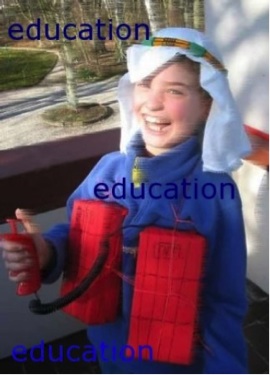
Karen Blissett’s act of radical openness and one-ing could be read as a recognition of and reaction to the growing isolation brought about by ubiquitous personal devices, social media platforms and digital networks, (Turkle), referred to by Judy Wajcman in her previous essay for Lady Justice. It could also be read as an assertion of the importance of trust, friendship and intimacy (and the role of privacy and anonymity) in the construction of networked sociality. It certainly requires any participant to reassess their performance of their own individuality and agency in the network age.
In 2012 we featured her Join Me manifesto (re-posted here on her new Tumblr blog) and videos in our first exhibition at the newly located Furtherfield Gallery in the heart of Finsbury Park, North London, Being Social, about sociality in network culture; and then as part of Free Yourself?, for Electronic Village Gallery, a touring exhibition in Cornwall, of artists and social hackers working with questions of freedom and identity in the Internet age.
Most striking about Karen Blissett is the radical vulnerability of her existence. Think about it. Any password holder can speak and act through her online, they also have access (with the exercise of a little patient detective work) to her profile on Facebook, Twitter, Identica, MySpace, etc as they are all authenticated through her email account. Any existing password holder could annihilate or take over her identity with a single action- changing the password. Being Karen Blissett I am forced to reflect on my own daily state of subjection in digital networks - as I invest hours of every day building trust, shaping an acceptable coherent identity - personally, socially and professionally - through my interactions with others.